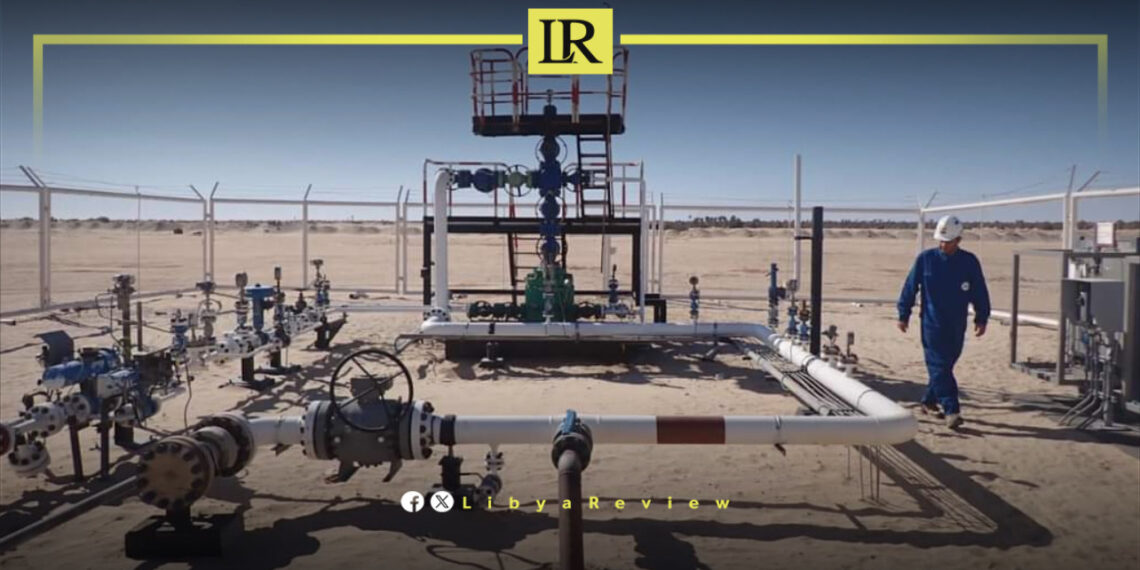On Tuesday, Libya’s Ministry of Oil and Gas unveiled plans to issue new oil exploration licenses in early 2025, marking a critical step in the country’s strategy to boost crude production and drive economic recovery.
The initiative, reported by the Energy Media Platform, targets three of Libya’s most promising hydrocarbon basins: Sirte, Murzuq, and Ghadames.
These basins, long recognized for their immense untapped potential, are poised to attract significant interest from global energy companies.
Collectively, the Sirte and Murzuq basins account for an astonishing 93% of Libya’s recoverable oil reserves. Within this, the Murzuq Basin alone holds an estimated 5 billion barrels of oil equivalent, underlining its strategic importance to Libya’s energy ambitions.
Libya, home to Africa’s largest proven crude oil reserves, has historically relied on its energy sector as the backbone of its economy. Oil revenues contribute nearly 60% of the country’s GDP. However, years of political instability, underinvestment, and sporadic conflict have severely restricted its production and exploration activities.
The launch of new exploration licenses is expected to signal a renewed commitment by Libyan authorities to unlock the country’s hydrocarbon wealth. By encouraging foreign investment and adopting advanced technologies, Libya aims to modernize its energy infrastructure and maximize the exploitation of its reserves. This influx of capital and expertise could help revive the sector, creating jobs, stabilizing public finances, and supporting broader economic development.
Despite the promising outlook, Libya faces significant challenges in implementing its vision. Political fragmentation, security risks, and regulatory inefficiencies have historically deterred major oil companies from deeper engagement.
However, recent government efforts to foster a stable investment climate suggest a growing willingness to address these obstacles.
Ongoing dialogue with international stakeholders indicates progress in building trust and ensuring transparency in Libya’s energy operations.


